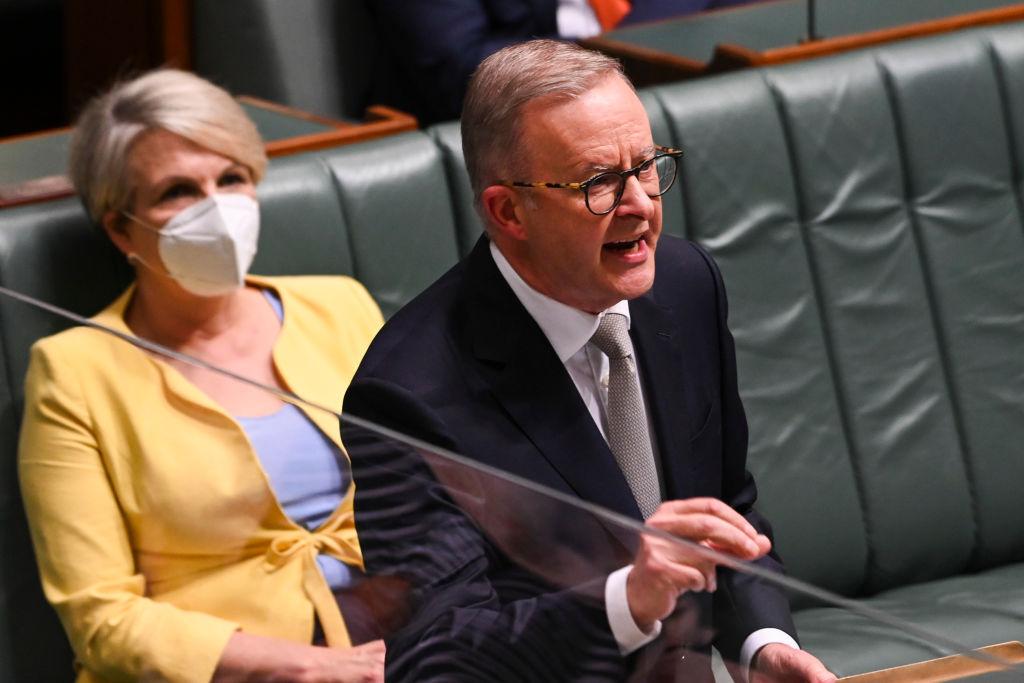Opposition leader Anthony Albanese has vowed to fund 50 urgent medical care centres across the country if he wins government at the next election.
The centre-left Labor Party leader said the AU$135 million plan was not a copy of a previous policy, saying it “wasn’t delivering the same service.”





